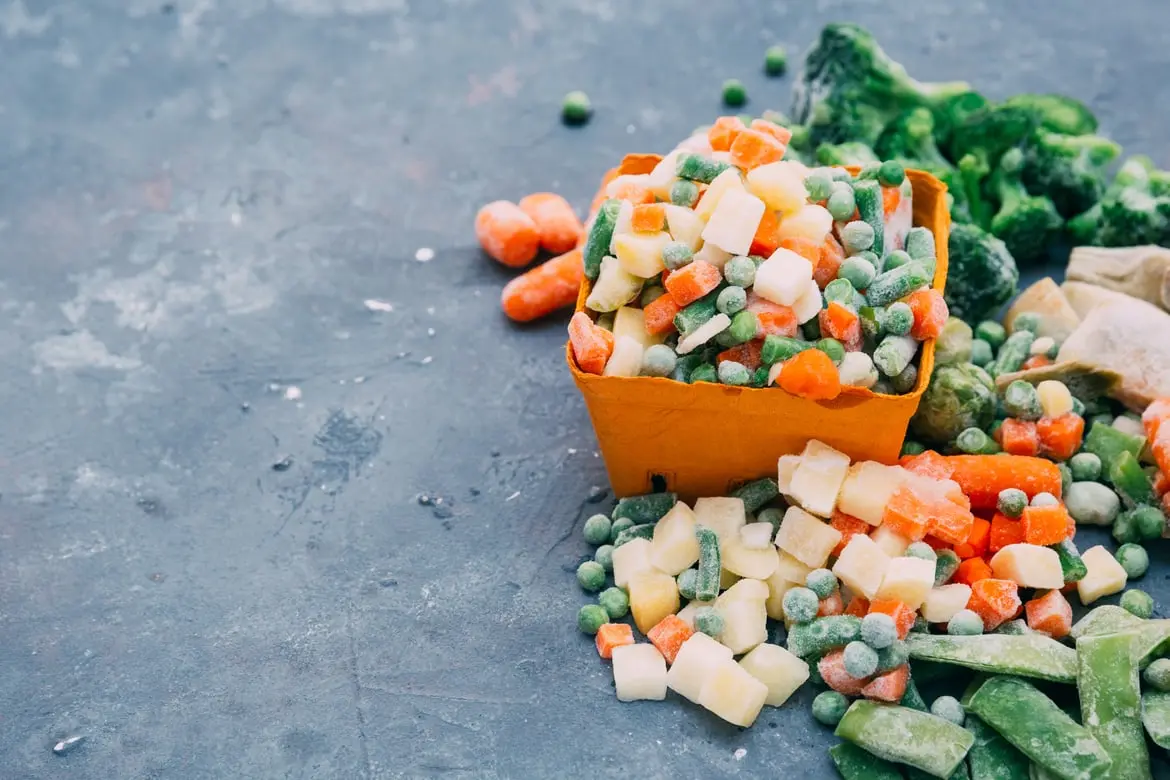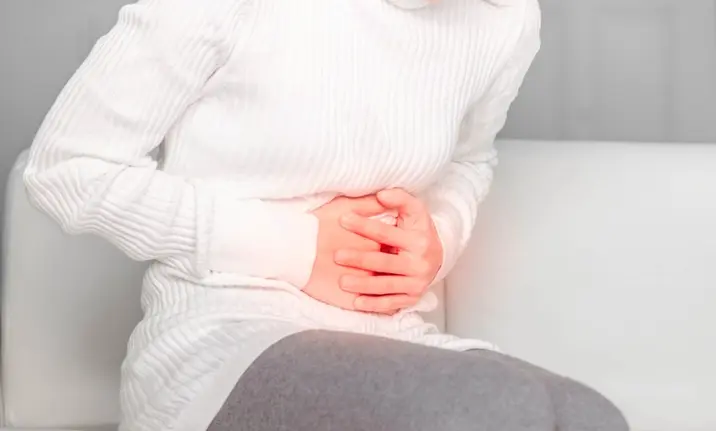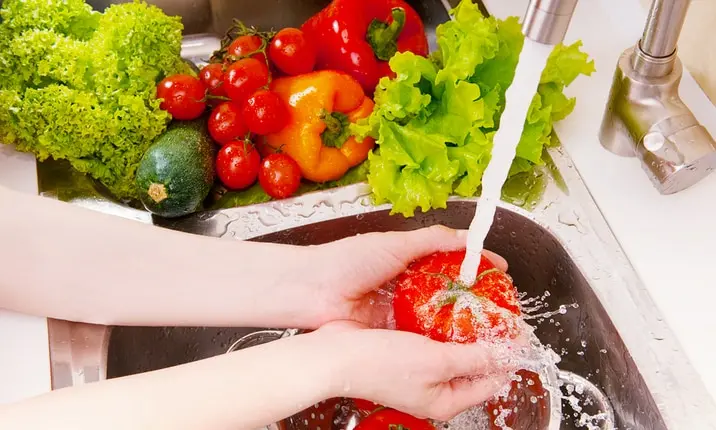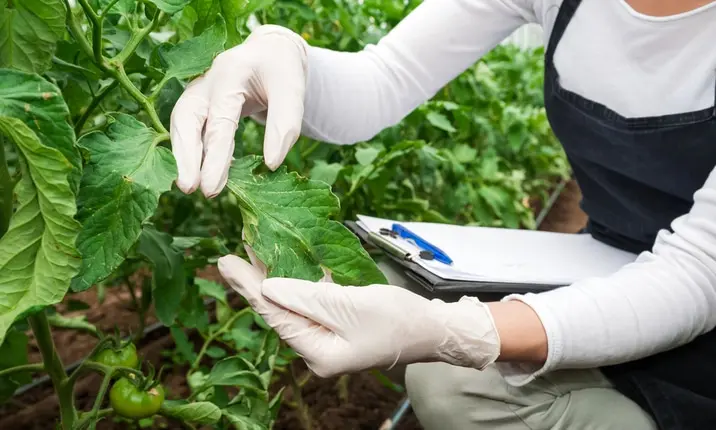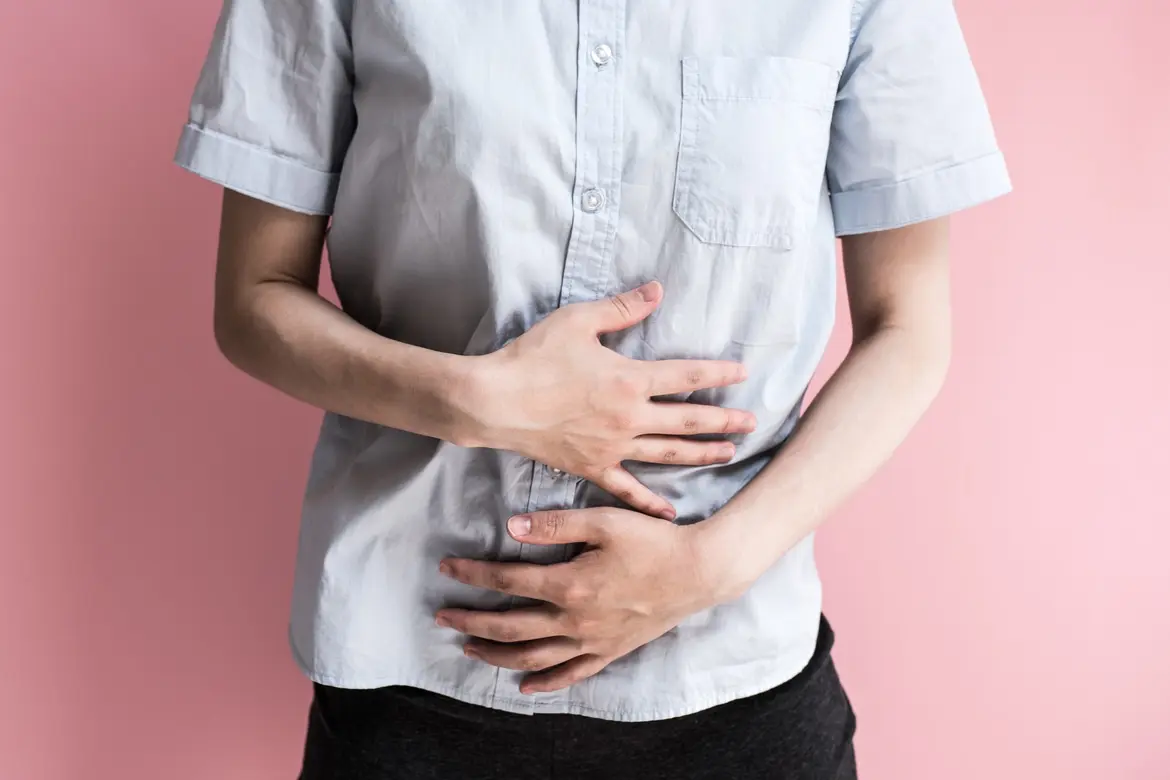Listeria, or listeriosis, is a fairly uncommon kind of food poisoning caused by listeria monocytogenes. This is bacteria found in soil and water, and also in a variety of raw foods, processed foods, soft cheeses and foods made from unpasteurised milk. Unfortunately, storing these foods in the fridge isn't a safeguard as this bacterial strain can grow even in cold temperatures.
How serious is listeria and who is at risk?
While listeria is thankfully uncommon, it can be deadly if it causes septicaemia (blood poisoning) or meningitis (inflammation of the membranes around the brain). The elderly, pregnant women and their unborn babies, as well as those with a weakened immune system, are particularly at risk. If you fall into any of the risk categories, you should avoid foods associated with listeria.
How do I know if I have listeria?
Symptoms include:
- fever and chills
- headache
- upset stomach
- vomiting
As these symptoms could be present in any kind of food poisoning, it is advisable to consult with your doctor if you've concerns.
Do I need to see a doctor or can I self-medicate?
As listeria is a bacterial infection, you will need to be prescribed antibiotics to treat it. See your doctor as soon as you suspect your food poisoning may be due to the listeria bacteria.
What should I do to minimise my risk?
The best way to avoid coming down with listeria is to avoid consuming the foods that put you at risk in the first place. So avoid rare meat and refrigerated smoked seafood as well as raw (unpasteurised) milk, soft cheeses and products made from unpasteurised milk.
Adopting hygienic food preparation methods is also important.
- Be sure to always wash fresh fruit and vegetables if eating them raw.
- Heat pre-cooked food to boiling point before serving when reheating it.
- Don't store precooked food too long before eating.
- Keep uncooked and cooked food separate at all times.
How do fresh foods become contaminated?
Fresh produce can become contaminated with the listeria bacteria. This can happen at any point along the food production chain from planting, harvesting, packing and distribution, through to preparation and serving.
The rough surface of the rock melons makes it difficult to clean. Bacteria can and will hide in the folds. Dents will allow quick entry into the fruit, contaminating it.
Other culprits can include irrigated waters, wash waters and soil, and the bacteria can survive for up to 84 days in some soils. Produce that grows low to the ground like rock melons are particularly vulnerable to contamination when heavy rain splashes listeria from contaminated soil onto the skin of the crop.
Aren't there regulations in place to control food safety?
The Agri-Food and Veterinary Authority (AVA) has the task to monitor food imports, but the random nature of sampling means cases will always fall through the cracks.
Ultimately, the responsibility of food safety lies with us. Be sure to take on board the safety measures provided in this article, and take extra measures to protect your loved ones with weaker immunity.
Remember that food safety is part of total defence.
